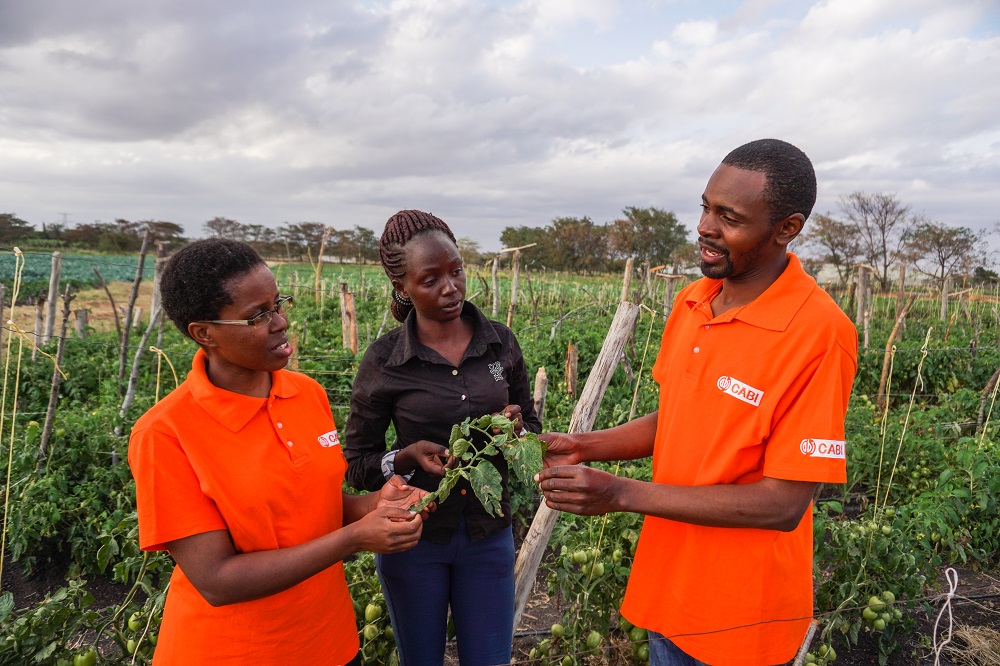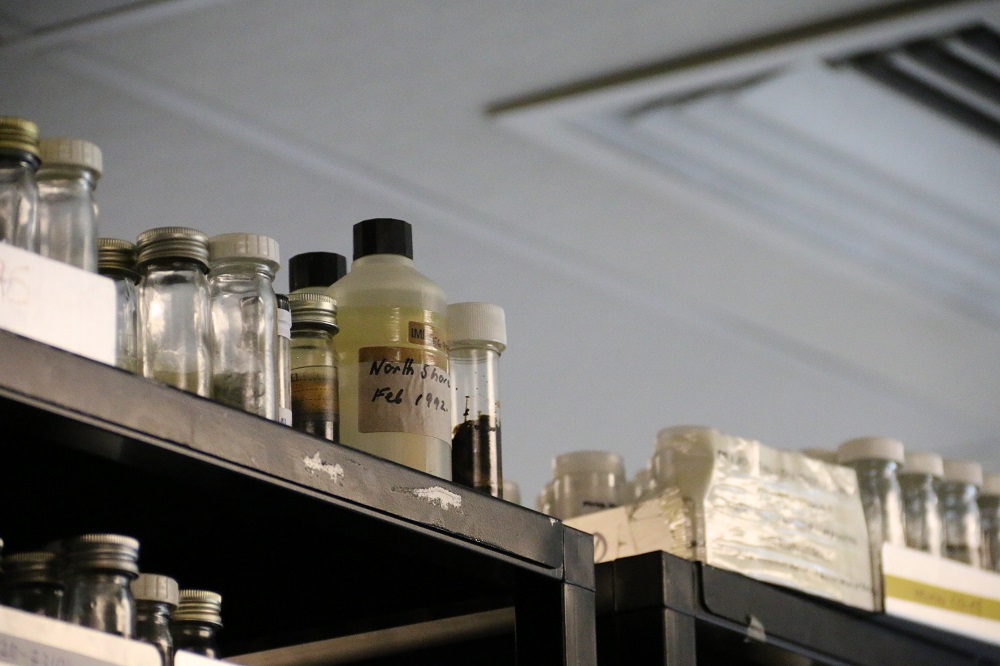
Following the tenth anniversary of the adoption of the Nagoya Protocol on Access and Benefit Sharing (ABS), CABI has published a working paper highlighting its benefit sharing activities in respect of its research involving genetic resources at its UK Centre Egham and through activities of the CABI-IMI Culture Collection in Egham, UK.
In 2018, CABI published its Nagoya Protocol Access and Benefit Sharing Policy online and decided to share its benefits whether the provider country is party to the Nagoya Protocol or not. This aligns with CABI’s mission to support its member countries in helping them improve crop production and enhance their livelihoods.
ABS Best Practices
CABI member countries have agreed that CABI shares the benefits of its work with genetic resources through its mission-based objectives. CABI has introduced ABS Best Practices in its centres around the world and in most cases, works through in-country partners on funded projects, sharing project outputs.
Since enactment of the Nagoya Protocol, CABI UK, Egham has initiated over 200 projects involving genetic resources. In 2019, 116 projects were assessed of which the majority were out of scope of UK regulation.
For example, nine projects were internally funded, designed to improve services and outputs to users, partners and provider countries. Twenty-four projects were funded by research programmes or organizations; these projects provided services such as identification of organisms, diagnosis of disease and assessment of contamination of seeds.
Utilized organisms
Several of the projects utilized organisms from countries that have no access regulation, for example the UK, where 16 projects utilized UK genetic resources. The majority of the benefits shared were non-monetary and included: sharing of Research and Development (R&D) results; collaboration in education, training, research, development programmes; joint authorship of publications and joint ownership of intellectual property rights; access to ex situ facilities and databases; transfer of scientific information, knowledge and technology; and institutional capacity-development helping build or maintain local collections.

Monetary benefits were limited to sharing project funding for research in both the UK and provider countries. An added benefit is that fungi and bacteria from this work are preserved for future use in the CABI living collection and shared with users and project partners.
200 projects
Dr David Smith, CABI’s Director, Biological Resources, says, “Of 200 projects involving genetic resources, the majority with partners in the provider countries and often with joint funding, fewer than 20 were in countries with Nagoya legislation that required compliance with ABS law.
“Details of 27 projects, selected as examples to demonstrate the variety of activities are provided in this working paper, the majority of the 116 projects assessed were out of scope of Nagoya legislation.
“These projects include genetic resources from 22 countries: Argentina; Australia; Brazil; Canada; Chile; China; Colombia; Gabon; Germany; Ghana; India; Japan; Kenya; Madagascar; Nepal; New Zealand; Pakistan; Paraguay; the Netherlands; Trinidad and Tobago; UK; and Zambia.
“Of these countries 17 are party to the Nagoya Protocol but only nine have law implementing it, the remaining countries are not party, yet CABI shares benefits with all, complying with law but also with the spirit of the Convention on Biological Diversity (CBD).”
CABI’s living collection
The working paper 25 ‘CABI UK and Nagoya Protocol triggered benefit sharing’ also includes information on deposits made into CABI’s living collection which holds 28,000 strains of fungi and 2,000 strains of bacteria collected from over 140 countries, over 50% of these being CABIs member countries.
Over 23,000 of these strains were collected pre-CBD with only 281 strains from 26 countries outside the UK being deposited in the collection since the Nagoya Protocol became effective on 12 October 2014.
An example project in which benefits were shared is the Pest Risk Information Service (PRISE) with the donor being the UK Space Agency and the Plantwise programme. Here organisms of pest species were included to identify pest species and observation in Ghana, Kenya and Zambia,
Additional information
Main photo: scouting for Tuta absoluta (also known as Phthorimaea absoluta or tomato leafminer) in Kenya (Credit: CABI).
Full reference
Smith, D., Ryan, M.J., Luke, B., Djeddour, D., Seier, M.K., Varia, S., Pollard, K.M., Pratt, C.F., Kurose, D. and Shaw, R.H. (2021) CABI UK and Nagoya Protocol triggered benefit sharing. CABI Working Paper 25, 33 pp. DOI: https://dx.doi.org/10.1079/CABICOMM-62-8160
Acknowledgement
This publication has been developed partly with CABI Development Fund support on compliance with the Nagoya Protocol. CABI is an international intergovernmental organization, and we gratefully acknowledge the core financial support from our member countries (and lead agencies) including the United Kingdom (Foreign, Commonwealth and Development Office), China (Chinese Ministry of Agriculture and Rural Affairs), Australia (Australian Centre for International Agricultural Research), Canada (Agriculture and Agri-Food Canada), the Netherlands (Directorate-General for International Cooperation) and Switzerland (Swiss Agency for Development and Cooperation); See https://www.cabi.org/what-we-do/how-we-work/cabi-donors-and-partners/ for more information.
